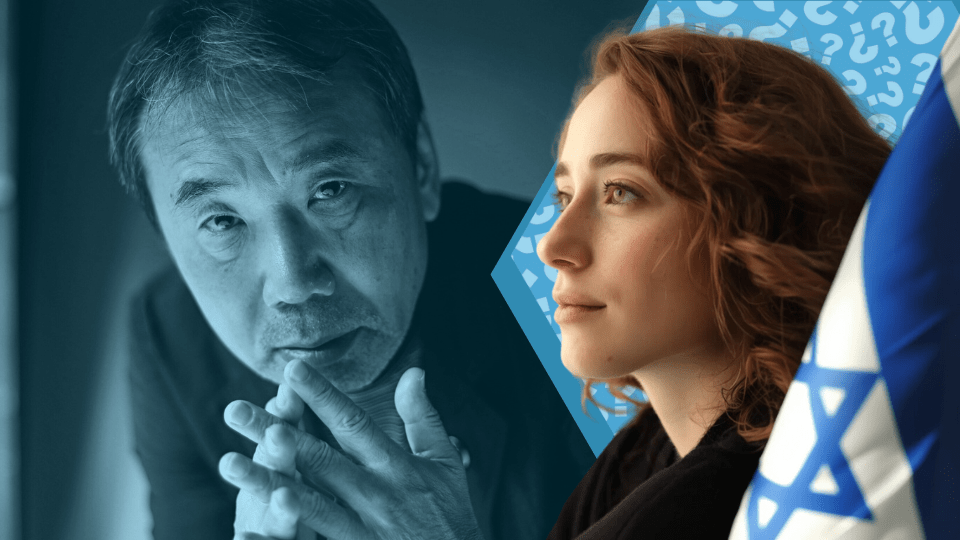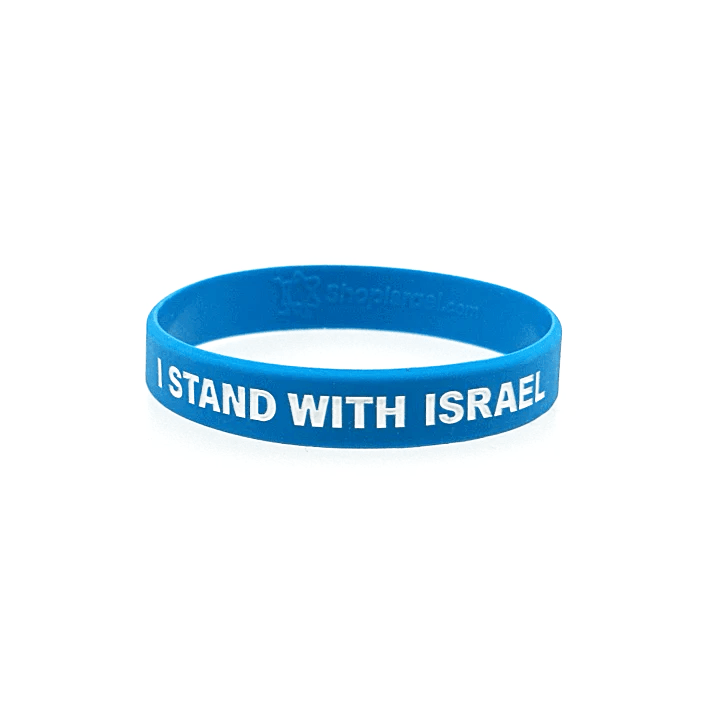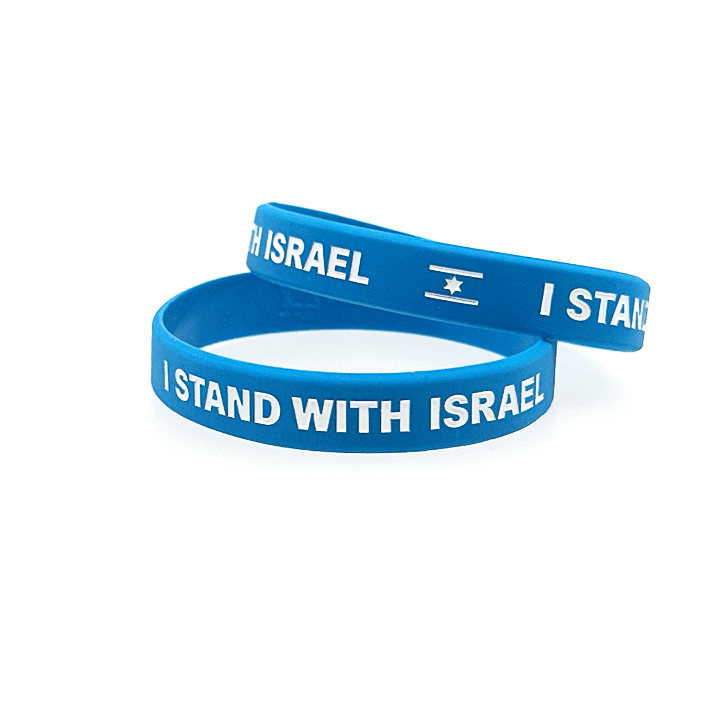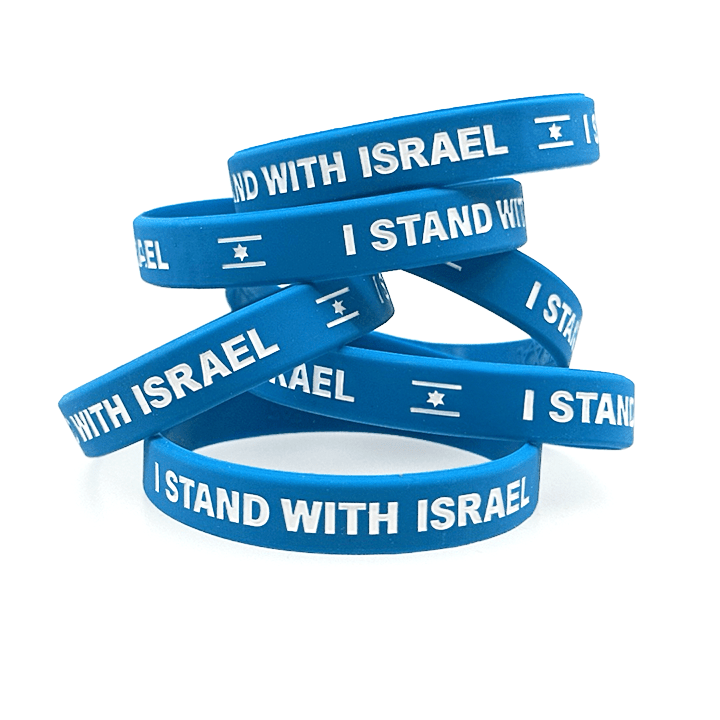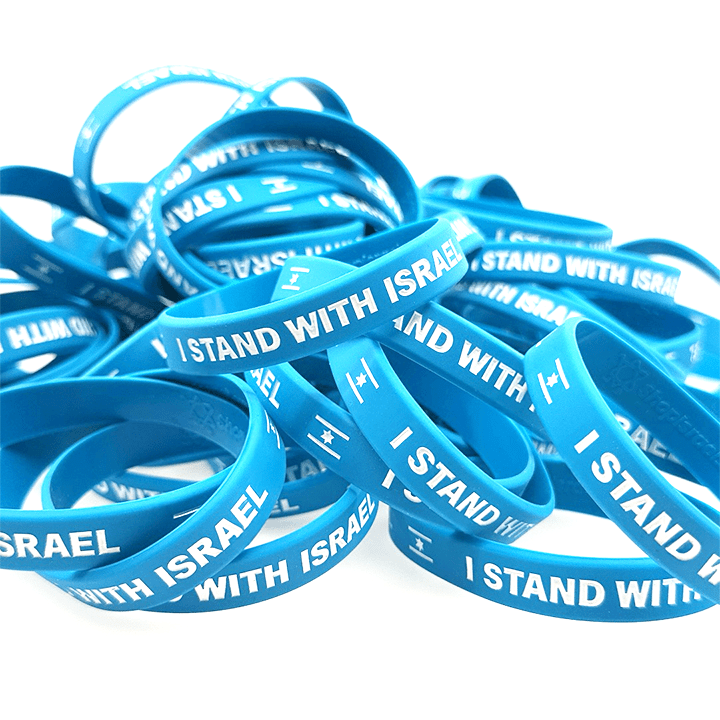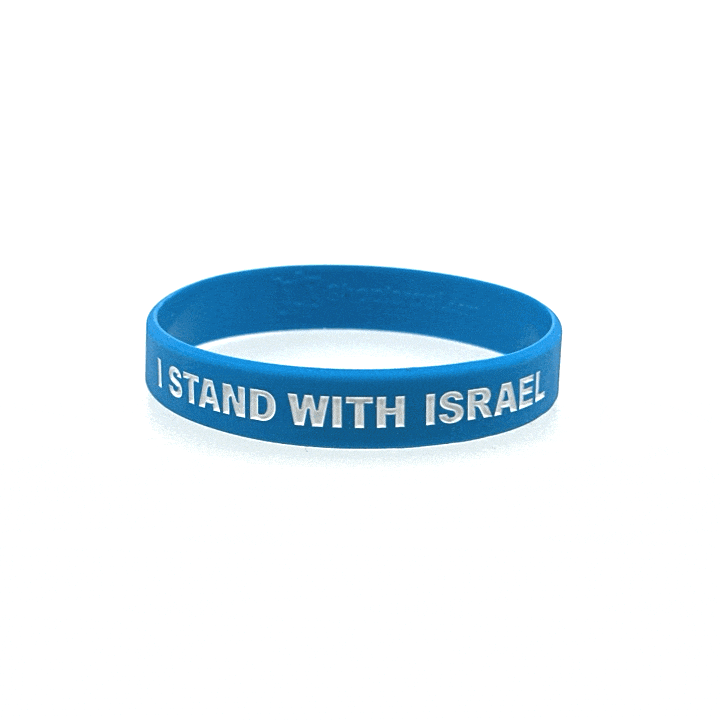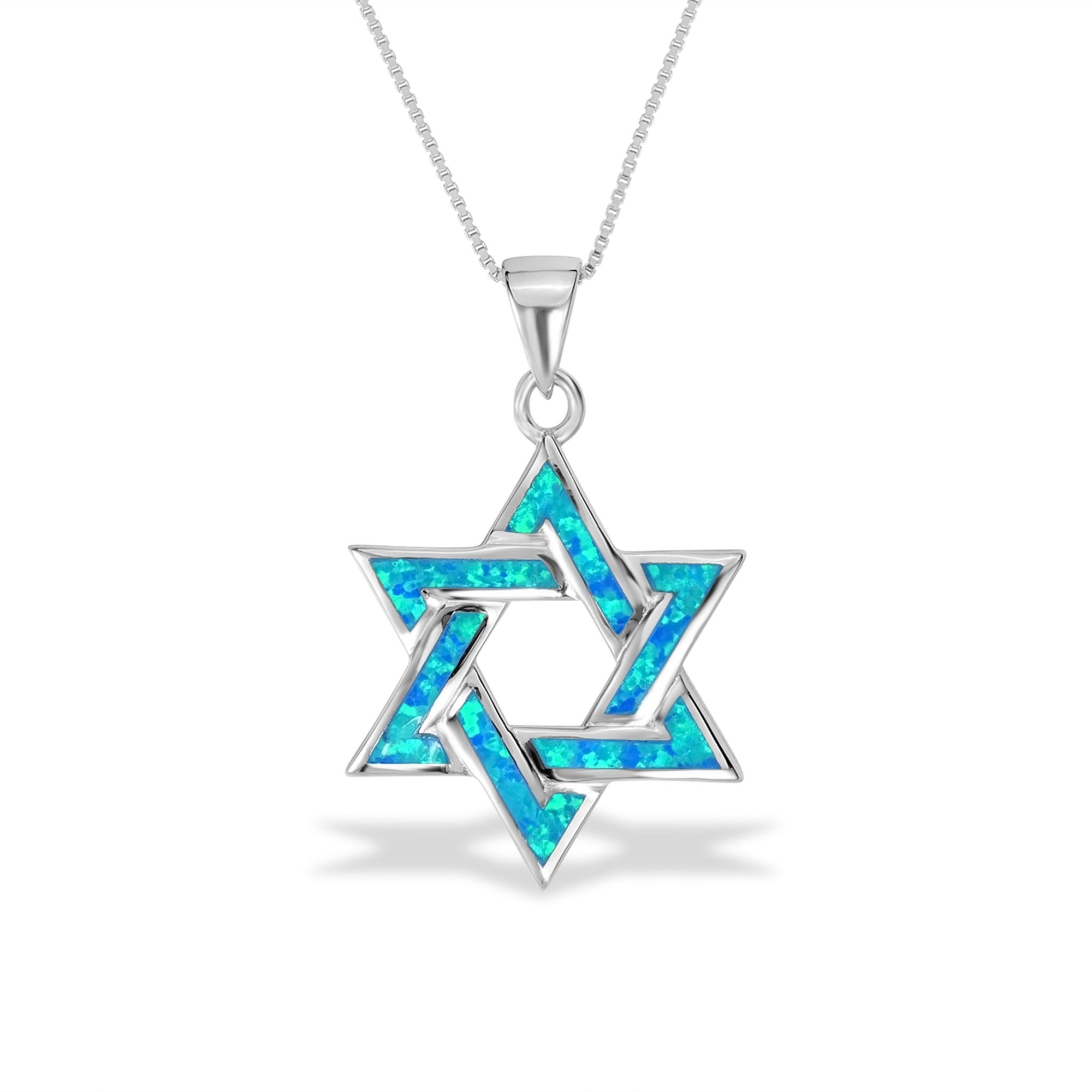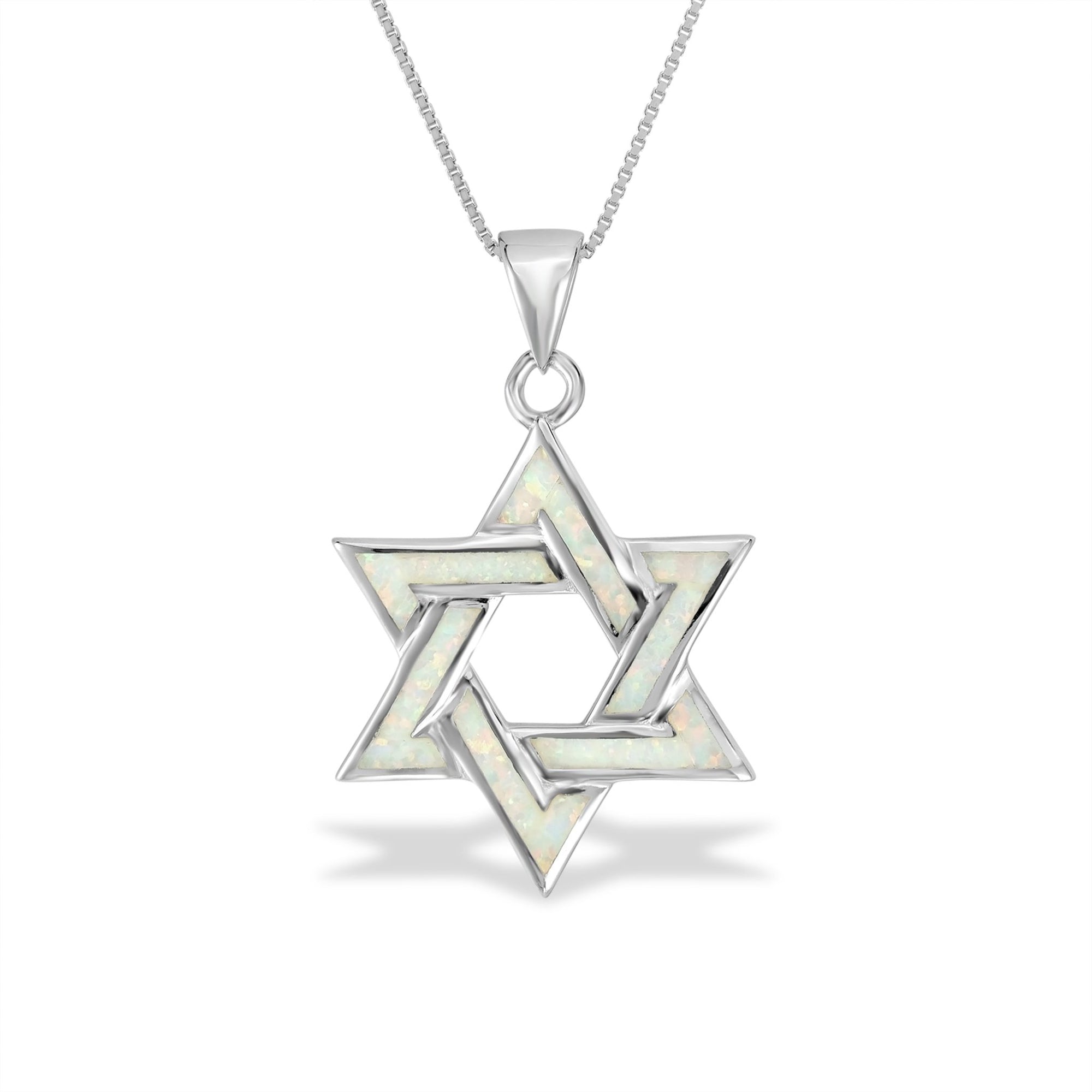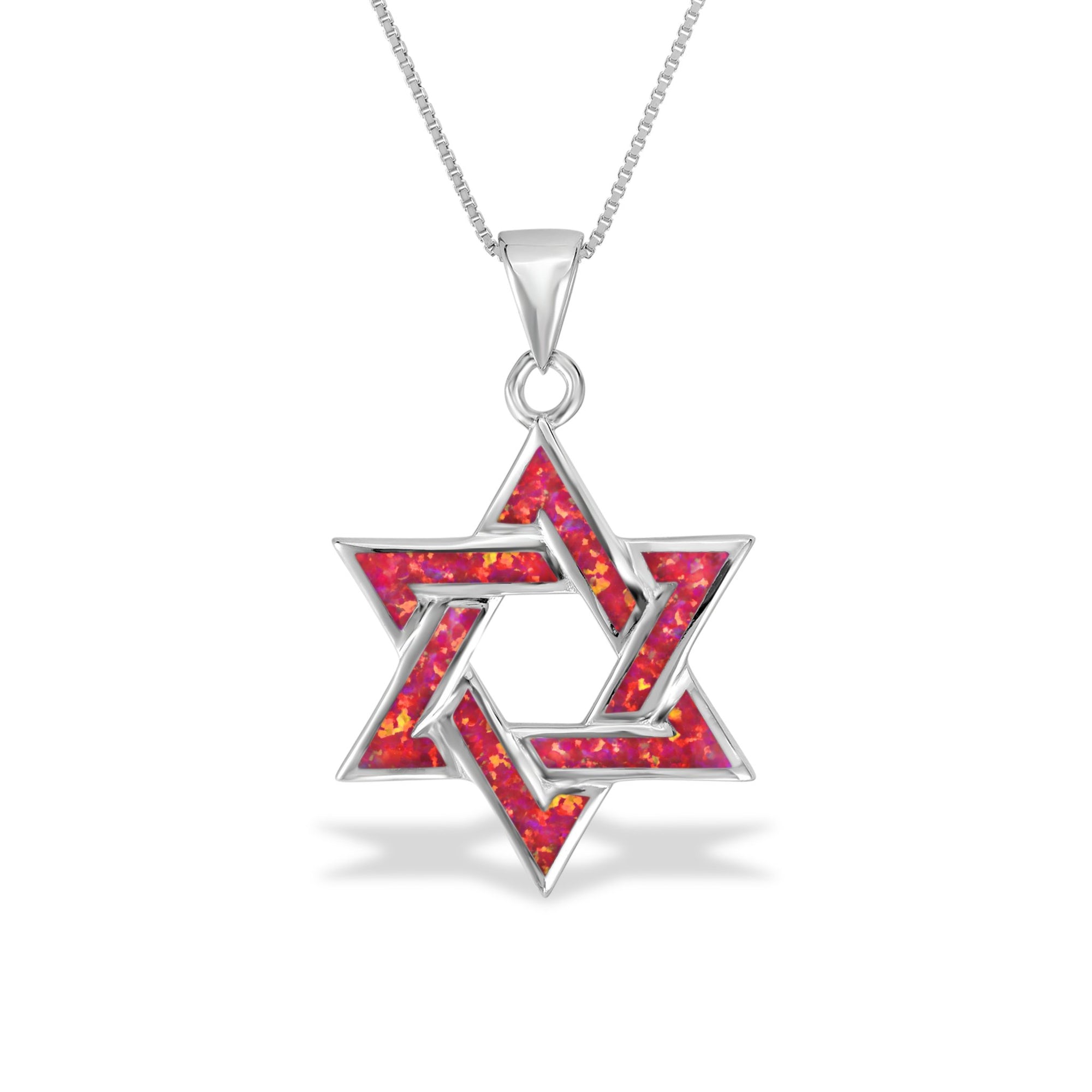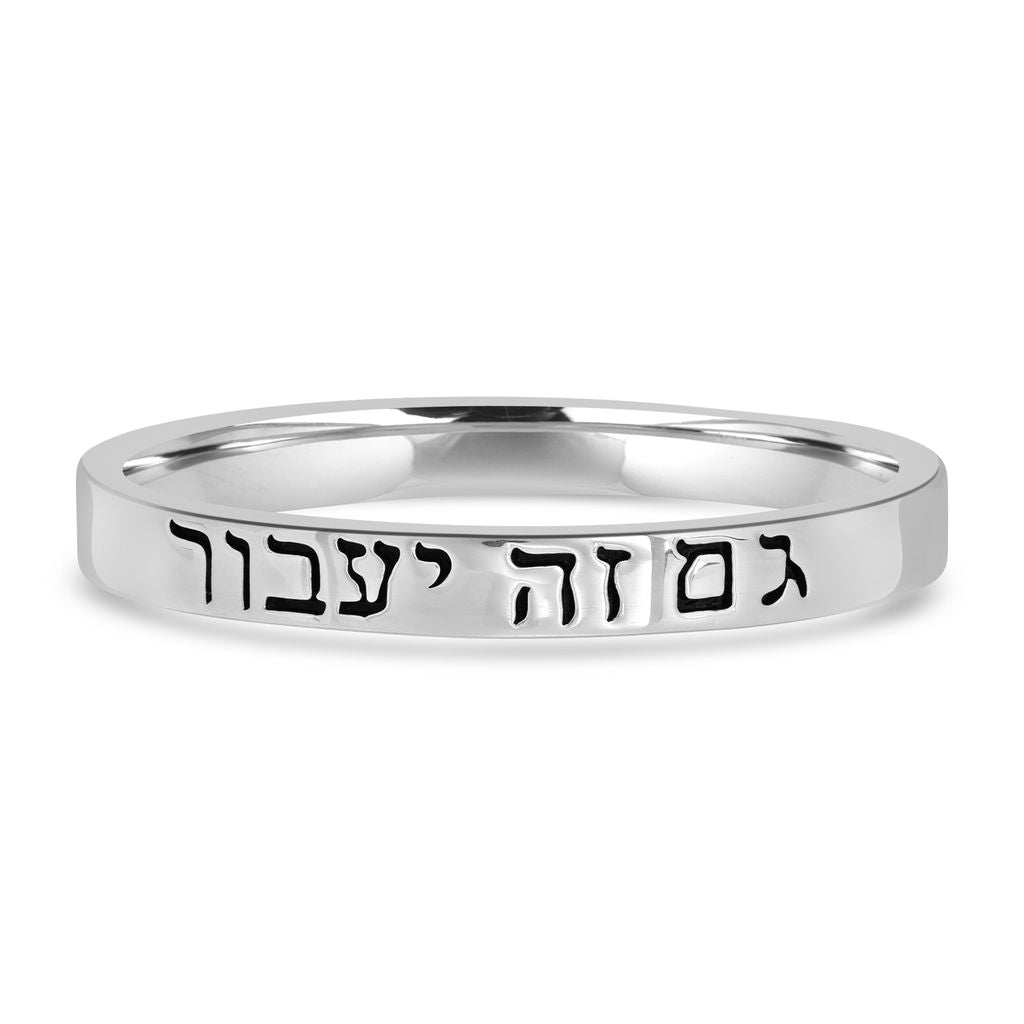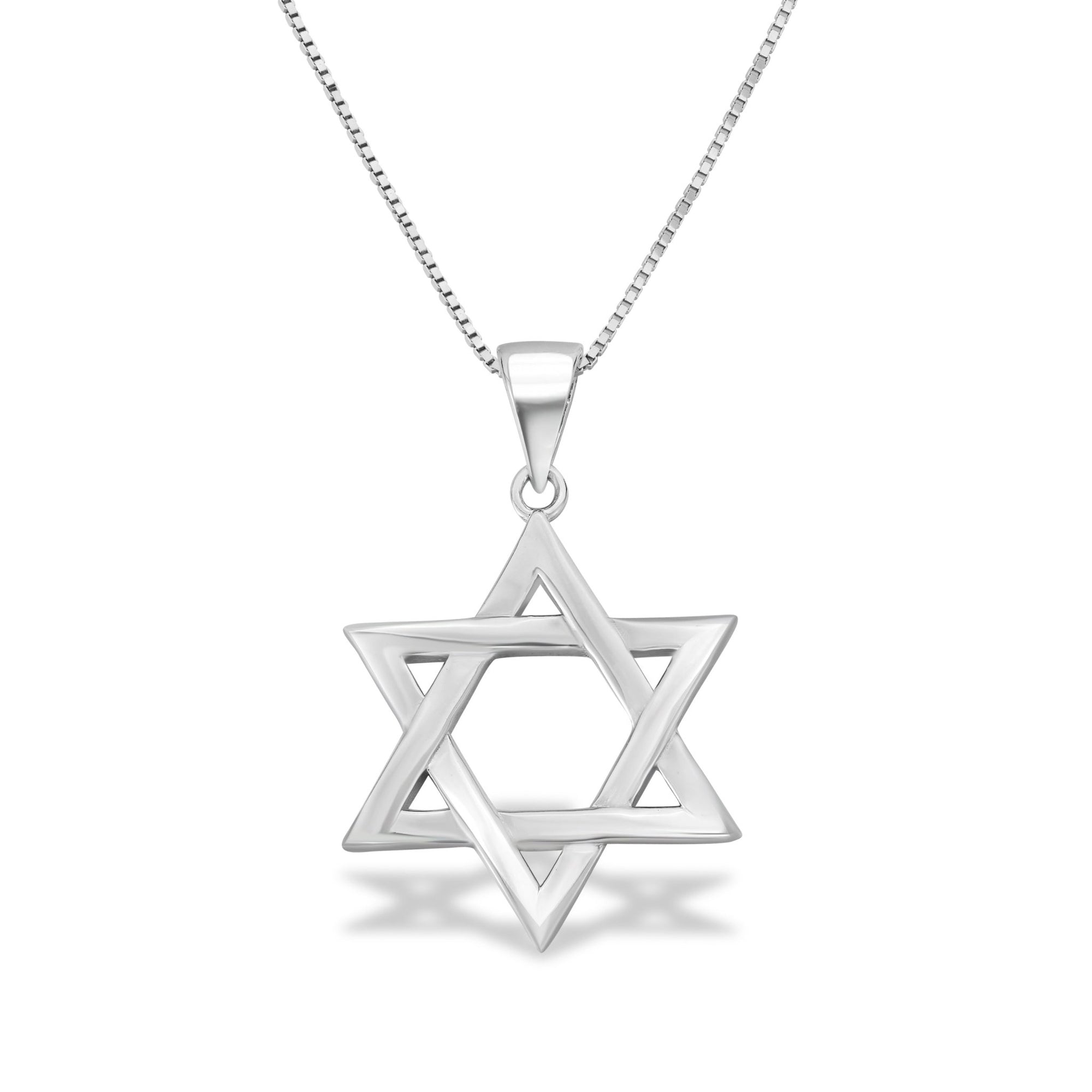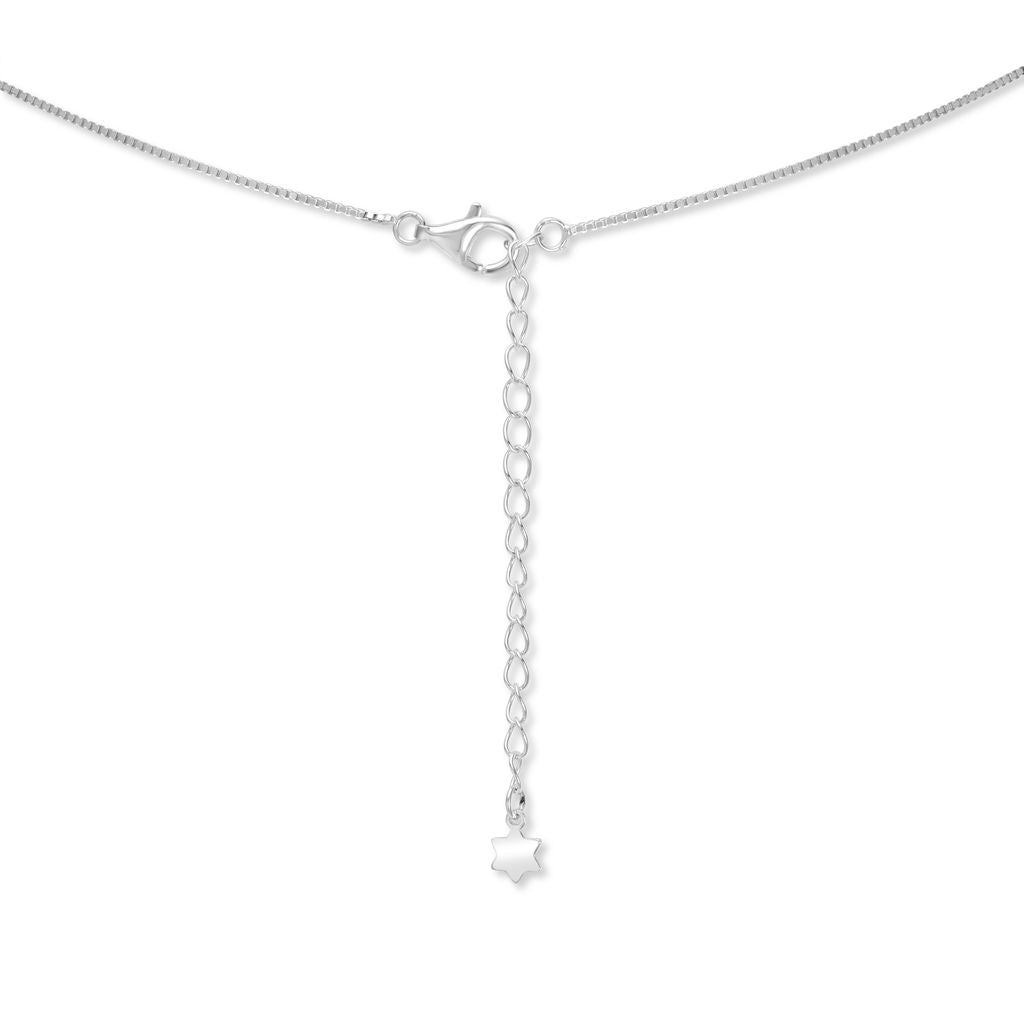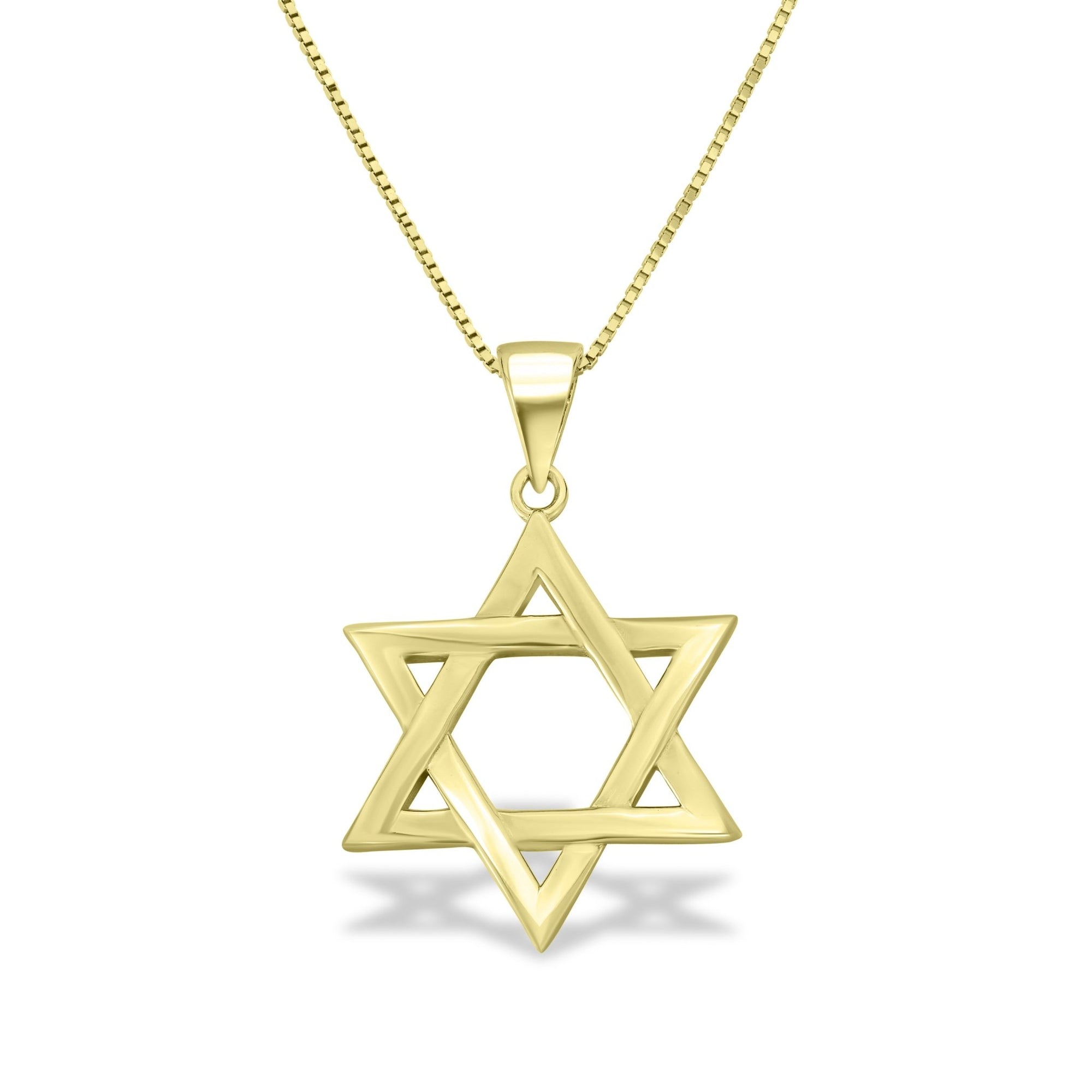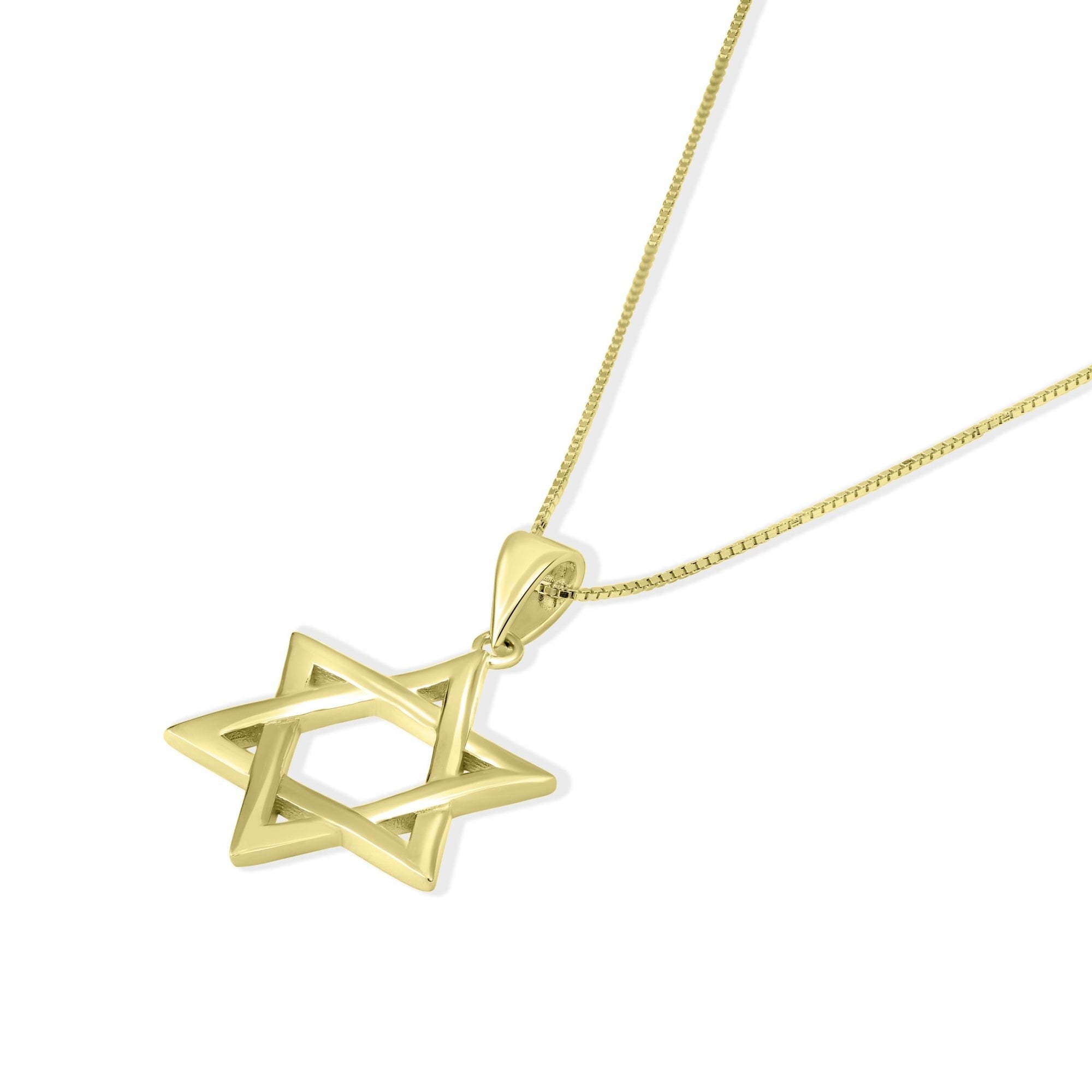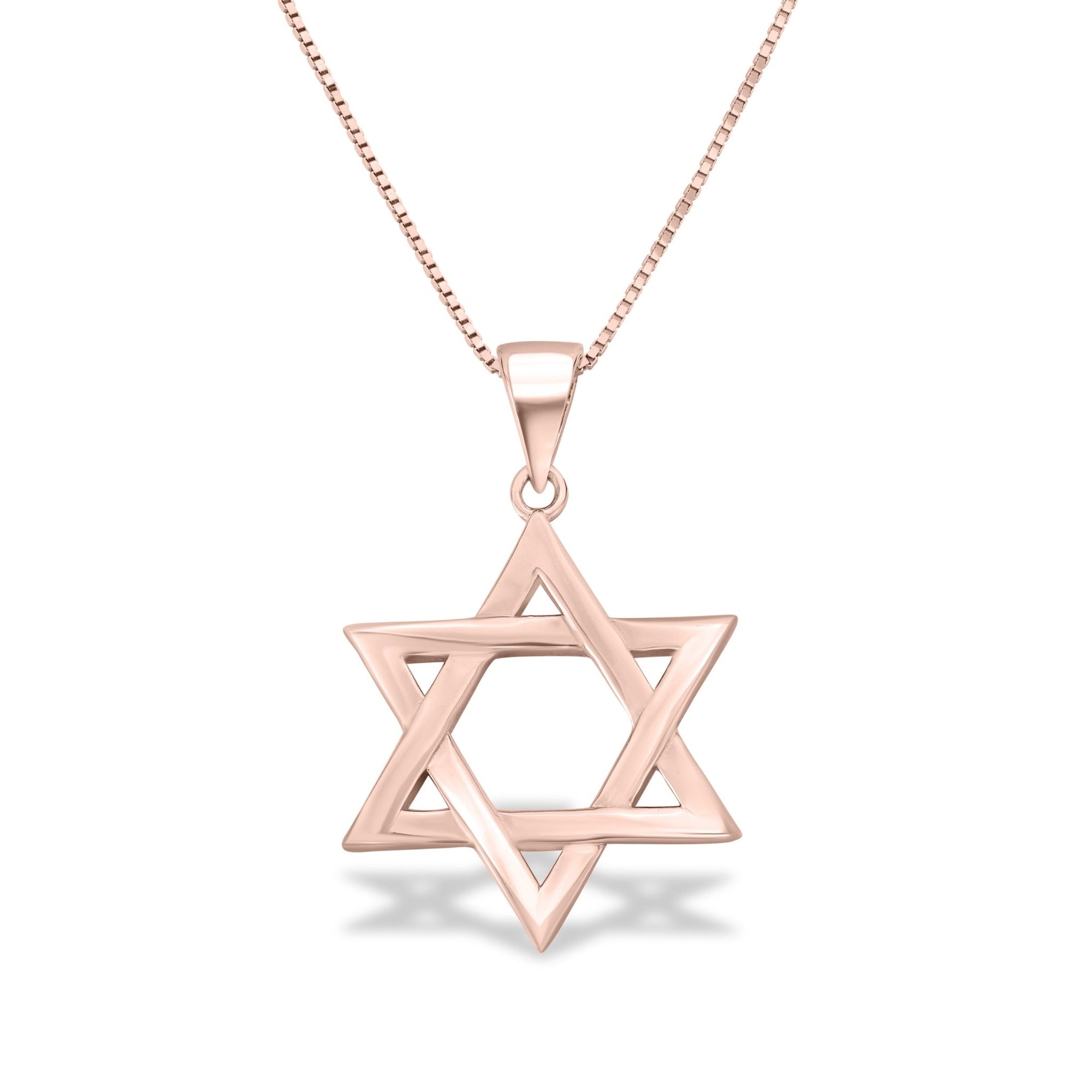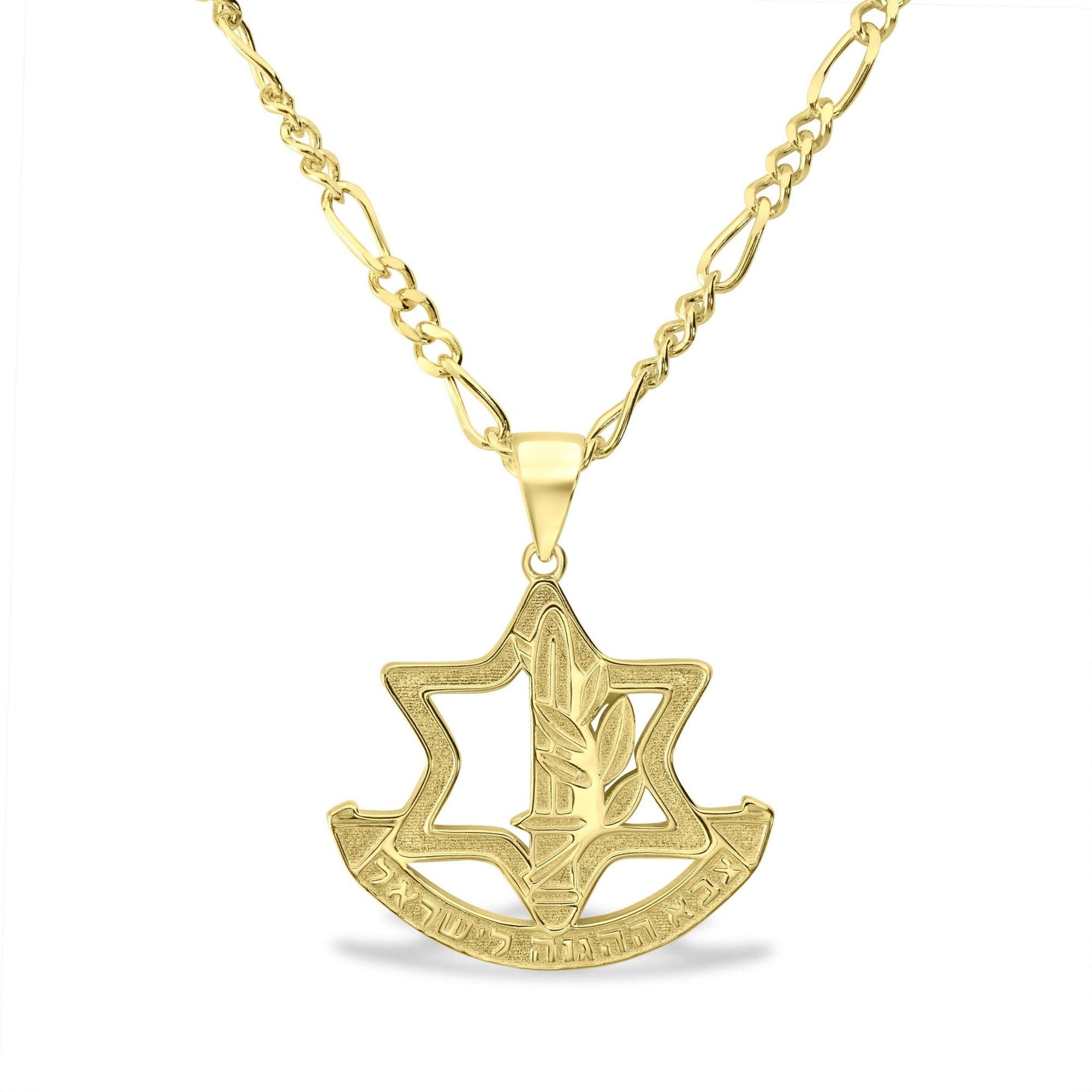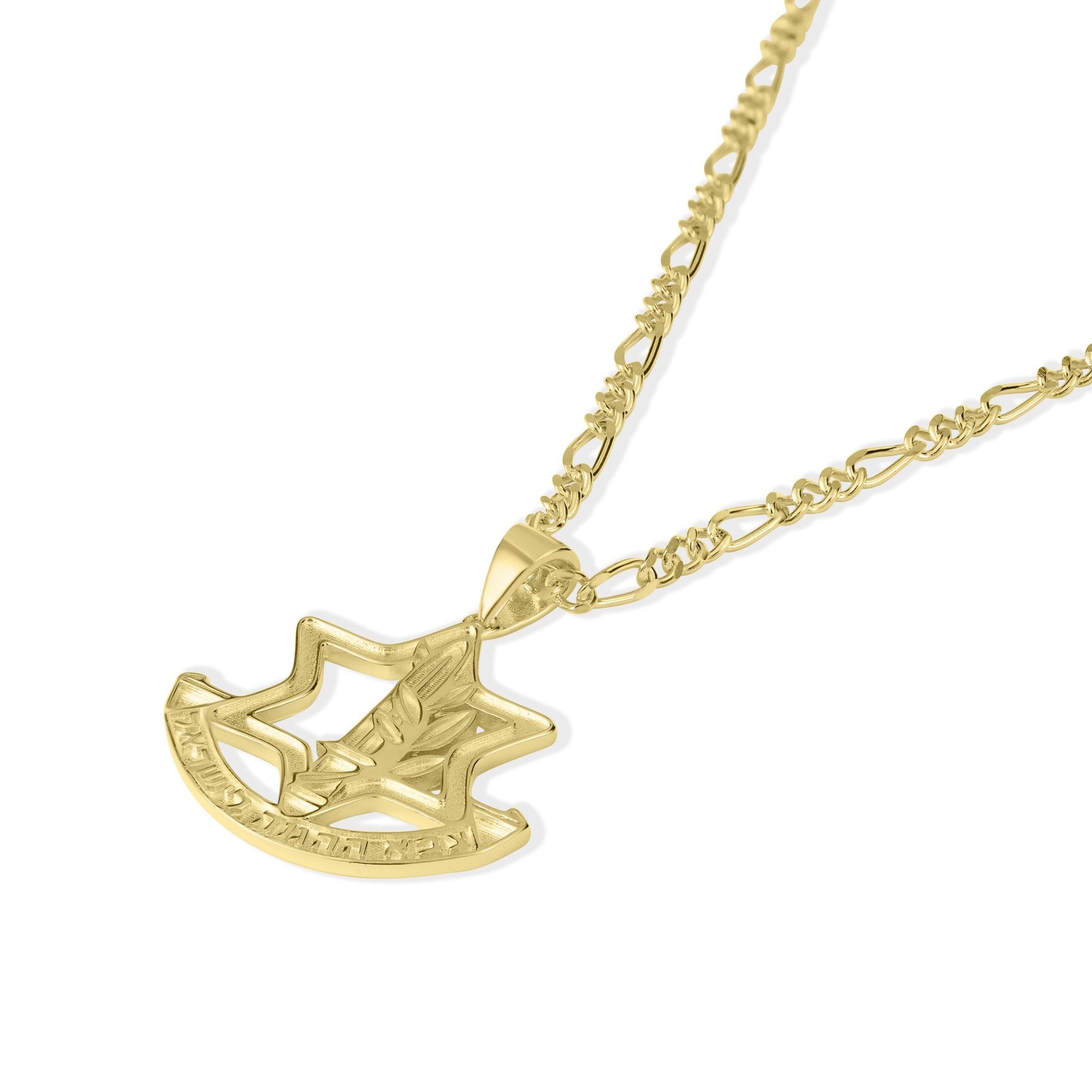Key Takeaways
- Haruki Murakami has engaged with Israel through his visit to accept the Jerusalem Prize in 2009, despite controversy surrounding the event due to Israel's military actions at the time.
- Murakami has made public statements that reflect a nuanced stance on the Israel/Palestine conflict, emphasizing peace and criticizing violence without explicitly supporting one side.
- His overall stance is characterized by a focus on humanism and peace, rather than overt political alignment with Israel or any specific faction in the conflict.
Has Haruki Murakami Engaged with Israel Directly?
Haruki Murakami's most notable engagement with Israel was his visit in February 2009 to accept the Jerusalem Prize. This event was significant not only because it marked the first time a non-European-language writer received the award but also due to the political climate at the time.
- Murakami traveled to Israel despite criticism from pro-Palestinian groups, which viewed the award as an endorsement of Israeli policies. His decision to attend was seen as a gesture of respect for the literary community rather than a political statement.
- There is no evidence of ongoing personal ties or collaborations with Israeli communities beyond this event. However, his works have been translated into Hebrew and are widely read in Israel.
Has Haruki Murakami Expressed Opinions on Israel?
Murakami has expressed his thoughts on the Israel/Palestine conflict through metaphors and guarded statements, reflecting his cautious approach to political issues.
- In his acceptance speech for the Jerusalem Prize, Murakami emphasized the importance of individual freedom and criticized violence, stating he would always stand on the side of the "egg" against the "wall," a metaphorical stance against oppression.
- In recent interviews, Murakami has acknowledged the complexity of the conflict, expressing a desire for peace without taking a clear stance on either side. He has noted the miserable situation of Palestinians and his friendship with Jewish individuals in Israel.
What Is Haruki Murakami’s Stance on Politics and Israel?
Murakami's political perspective is generally characterized by a commitment to humanism and peace. He avoids direct political alignment, instead focusing on the universal themes of freedom and the human condition.
- Murakami's stance on the Israel/Palestine conflict is nuanced, emphasizing the need for peace and criticizing violence without explicitly supporting either side.
-
Key points regarding his political alignment:
- He has not made public statements explicitly supporting Israel or any specific faction in the conflict.
- His emphasis on peace and human rights suggests a preference for resolving conflicts through dialogue rather than violence.
Community Engagement and Advocacy
While Haruki Murakami has not been involved in specific charitable or advocacy efforts related to Israel, his literary work and public statements have contributed to broader discussions about peace and human rights.
- There is no evidence of Murakami engaging in collaborative efforts with Israeli organizations or participating in events specifically focused on Israeli affairs beyond his acceptance of the Jerusalem Prize.
- His advocacy is more aligned with promoting peace and understanding through literature, rather than direct involvement in political or community initiatives.
Cultural Impact Related to Israel
Murakami's influence on cultural perceptions of Israel is subtle yet significant. His literary contributions have resonated with Israeli readers, and his public statements have encouraged dialogue about peace and human rights.
- Murakami's works, translated into Hebrew, have contributed to Israel's literary landscape, offering readers a unique perspective on universal themes.
- His emphasis on peace and humanism has aligned with broader cultural initiatives in Israel that seek to promote understanding and coexistence.
Conclusion: Haruki Murakami’s Relationship with Israel
Haruki Murakami's relationship with Israel is complex and nuanced. While he has engaged with Israel through his acceptance of the Jerusalem Prize, his stance on the Israel/Palestine conflict is characterized by a call for peace and an avoidance of explicit political alignment. Murakami does not appear to support Israel in a political sense but rather advocates for human rights and peace through his literary work and public statements. His influence in Israel is more cultural than political, contributing to a broader dialogue about peace and understanding.
